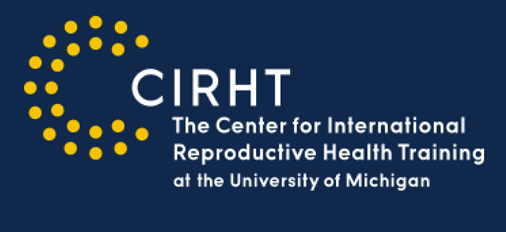Speaker
Description
Background
Responsiveness of health services to users’ needs is a major determinant of their acceptability and uptake. In Cameroon (Central Africa), women’s reluctance and fear of caesarean section (CS) undermines the impact of that live-saving and health-preserving intervention. This study explored women’s needs for person-centered informed consent (IC) and debriefing for caesarean section (CS).
Methods
From March 2024 to August 2024, twenty focus group discussions (FGDs) were conducted with pregnant women purposively selected in 20 hospitals across 9 health districts in the West Region of Cameroon. FGDs were led by an obstetrician-gynecologist and a sociologist using a pre-tested guide designed to capture all the components of person-centered care. Interviews were audio-recorded and transcribed verbatim. We conducted thematic analysis in an iterative approach until meaning saturation using NVIVO-14® software. Two researchers developed a codebook that informed formulation of categories from which meaningful themes were elaborated.
Results
Women argued that seeking explicit consent before a CS should be compulsory as this is fundamental right to their bodily autonomy. In spite of the marital norms of their collectivist communities, women want health care providers to follow their decision whatever that of the third party whose involvement as witness and facilitator is highly valued. Considering the great fear, mis-/disinformation and stigmatization of CS, women want providers to deliver supportive and compassionate consent and debriefing conversations and to deeply engage with their husbands. Clarity on the impact of CS on reproductive life should be the cornerstone of debriefing. Women wants providers to accept traditional medicine and religious rituals during consent transactions. Anesthesia must also be discussed thoroughly.
Conclusion
Women-centered informed consent for CS would mean respecting women autonomy and accepting traditional medicine rituals while debriefing should lay emphasis on reproductive impact of the CS.


